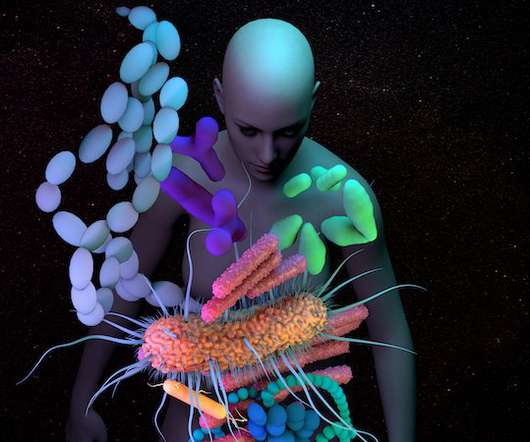Scientists discover small RNA that regulates bacterial infection
The Pharma Data
JUNE 14, 2023
Pseudomonas aeruginosa, a common environmental bacterium, can colonize different body parts, such as the lungs, leading to persistent, chronic infections that can last a lifetime – a common occurrence in people with cystic fibrosis. “Our study took a novel approach to look directly into the bacterium’s behavior in the human host.”













Let's personalize your content